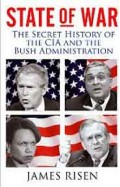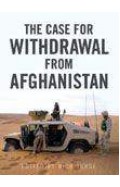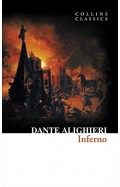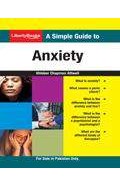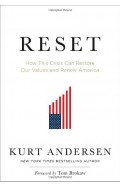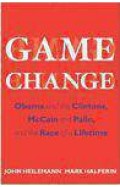- Home
- Books
- Sale
- Book Bazaar RP Up To 60% Off
- RP - Current Affairs
- The Roman Predicament How the Rules of International Order Create the Politics of Empire
The Roman Predicament How the Rules of International Order Create the Politics of Empire
By: Harold James
-
Rs 632.00
- Rs 790.00
- 20%
You save Rs 158.00.
Due to constant currency fluctuation, prices are subject to change with or without notice.
We're
offering a high discount on this book as it is slightly damaged
Modern America owes the Roman Empire for more than gladiator movies and the architecture of the nation's Capitol. It can also thank the ancient republic for some helpful lessons in globalization. So argues economic historian Harold James in this masterful work of intellectual history. The book addresses what James terms "the Roman dilemma" - the paradoxical notion that while global society depends on a system of rules for building peace and prosperity, this system inevitably leads to domestic clashes, international rivalry, and even wars. As it did in ancient Rome, James argues, a rule-based world order eventually subverts and destroys itself, creating the need for imperial action. The result is a continuous fluctuation between pacification and the breakdown of domestic order. James summons this argument, first put forth more than two centuries ago in Adam Smith's Wealth of Nations" and Edward Gibbon's "Decline and Fall of the Roman Empire", to put current events into perspective. The world now finds itself staggering between a set of internationally negotiated trading rules and exchange rate regimes, and the enforcement practiced by a sometimes-imperial America. These two forces - liberal international order and empire - will one day feed on each other to create a shakeup in global relations, James predicts. To reinforce his point, he invokes the familiar bon mot once applied to the British Empire: "When Britain could not rule the waves, it waived the rules." Despite the pessimistic prognostications of Smith and Gibbon, who saw no way out of this dilemma, James ends his book on a less depressing note
We're
offering a high discount on this book as it is slightly damaged
Modern America owes the Roman Empire for more than gladiator movies and the architecture of the nation's Capitol. It can also thank the ancient republic for some helpful lessons in globalization. So argues economic historian Harold James in this masterful work of intellectual history. The book addresses what James terms "the Roman dilemma" - the paradoxical notion that while global society depends on a system of rules for building peace and prosperity, this system inevitably leads to domestic clashes, international rivalry, and even wars. As it did in ancient Rome, James argues, a rule-based world order eventually subverts and destroys itself, creating the need for imperial action. The result is a continuous fluctuation between pacification and the breakdown of domestic order. James summons this argument, first put forth more than two centuries ago in Adam Smith's Wealth of Nations" and Edward Gibbon's "Decline and Fall of the Roman Empire", to put current events into perspective. The world now finds itself staggering between a set of internationally negotiated trading rules and exchange rate regimes, and the enforcement practiced by a sometimes-imperial America. These two forces - liberal international order and empire - will one day feed on each other to create a shakeup in global relations, James predicts. To reinforce his point, he invokes the familiar bon mot once applied to the British Empire: "When Britain could not rule the waves, it waived the rules." Despite the pessimistic prognostications of Smith and Gibbon, who saw no way out of this dilemma, James ends his book on a less depressing note
The Roman Predicament How the Rules of International Order Create the Politics of Empire
By: Harold James
Rs 632.00 Rs 790.00 Ex Tax :Rs 632.00
Zubin Mehta: A Musical Journey (An Authorized Biography)
By: VOID - Bakhtiar K. Dadabhoy
Rs 840.00 Rs 1,050.00 Ex Tax :Rs 840.00
Myths Illusions and Peace: Finding a New Direction for America in the Middle East
By: Dennis Ross
Rs 1,095.00 Ex Tax :Rs 1,095.00
Reset: How This Crisis Can Restore Our Values and Renew America
By: Kurt Andersen
Rs 500.00 Ex Tax :Rs 500.00
How To Win A Cosmic War God Globalization And The End Of War
By: Reza Aslan
Rs 695.00 Ex Tax :Rs 695.00
Game Change Obama And The Clintons McCain And Palin And The Race Of A Lifetime
By: John Heilemann
Rs 795.00 Ex Tax :Rs 795.00
Londonistan: How Britain is Creating a Terror State Within
By: Melanie Phillips
Rs 160.00 Rs 200.00 Ex Tax :Rs 160.00
No recently viewed books available at the moment.
Zubin Mehta: A Musical Journey (An Authorized Biography)
By: VOID - Bakhtiar K. Dadabhoy
Rs 840.00 Rs 1,050.00 Ex Tax :Rs 840.00
The Roman Predicament How the Rules of International Order Create the Politics of Empire
By: Harold James
Rs 632.00 Rs 790.00 Ex Tax :Rs 632.00












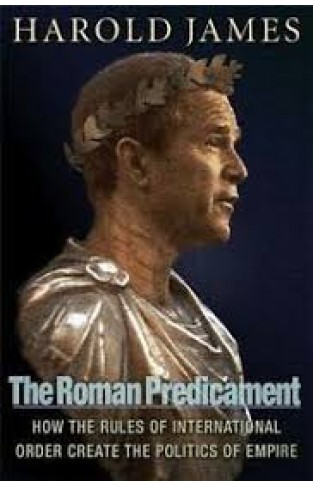
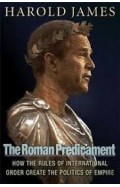
-120x187.jpg?q6)





-120x187.jpg?q6)
